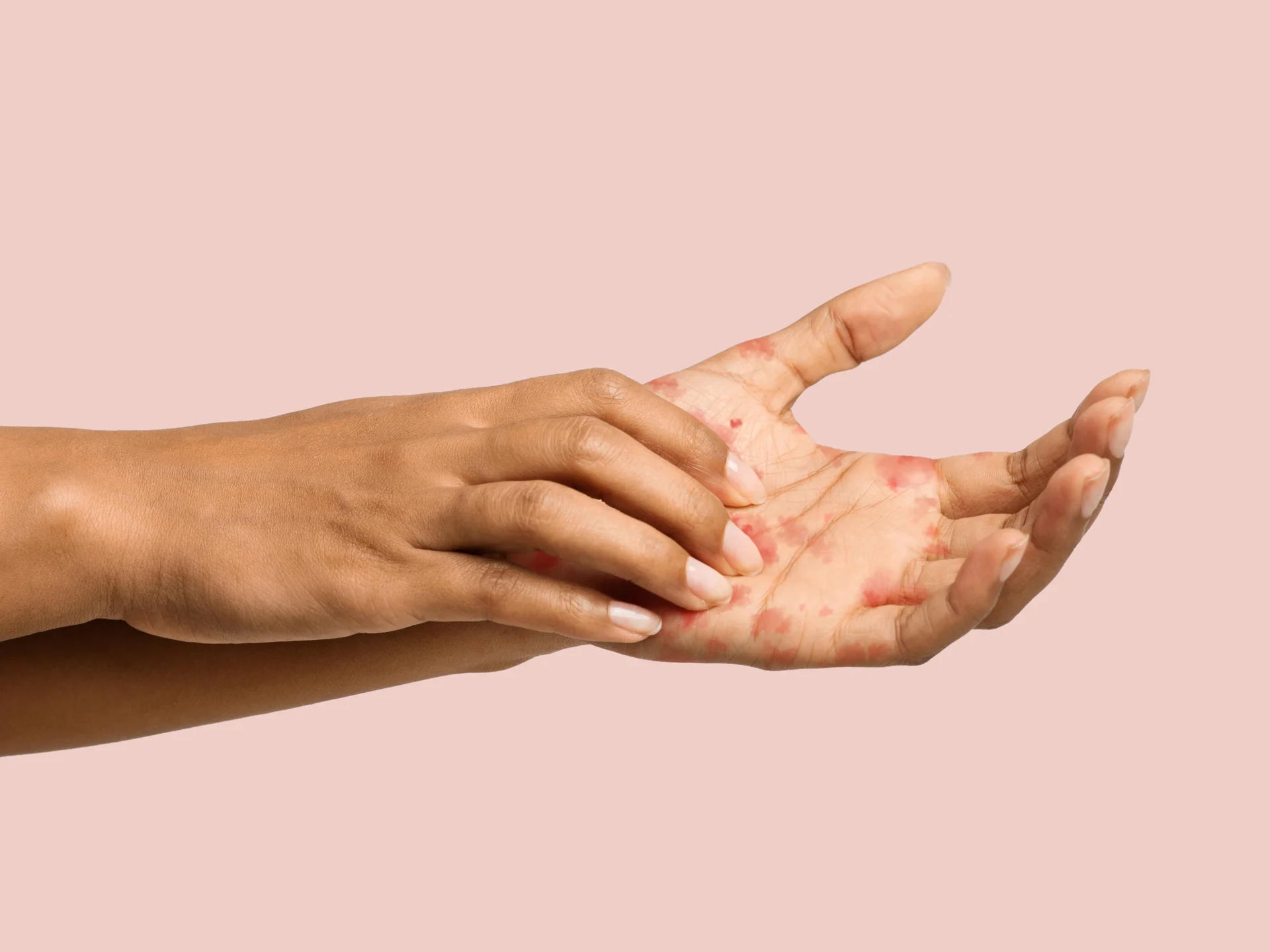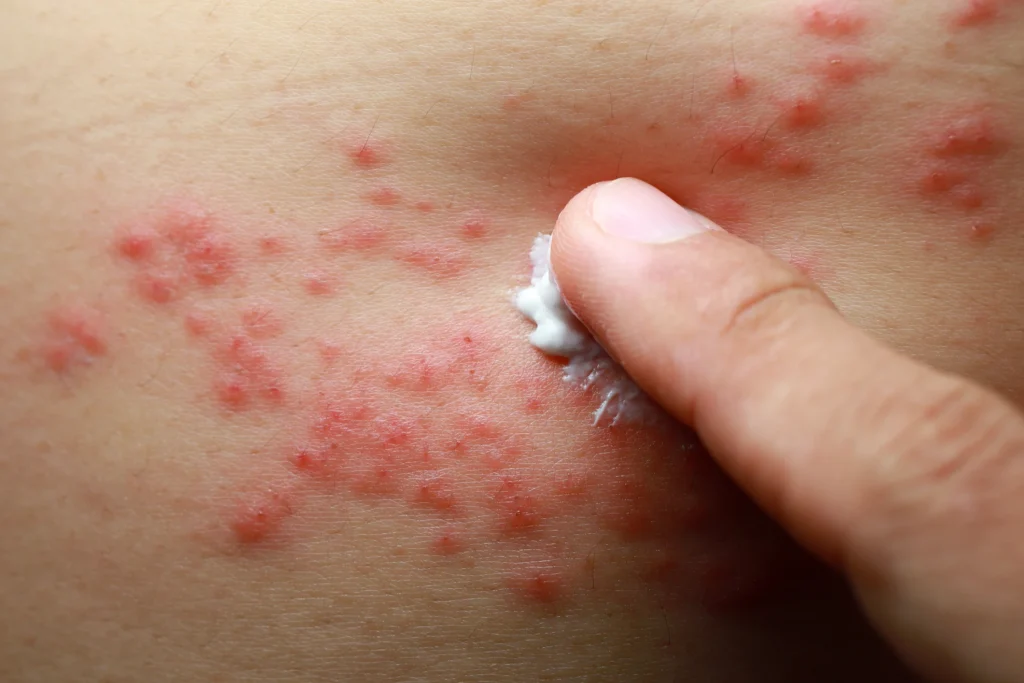
Living with Recurring Dermatitis: Coping Strategies and Treatment Options
Dermatitis, also known as eczema, is a skin condition that affects millions of people worldwide. It is characterized by red, itchy, and inflamed skin that can be painful and uncomfortable to live with. While there is no cure for eczema, there are many treatment options and coping strategies that can help individuals manage their symptoms and improve their quality of life.
When it comes to managing symptoms of recurring dermatitis, finding the best eczema cream can be a game-changer. The best eczema creams are those that contain natural ingredients like shea butter, coconut oil, and jojoba oil. These ingredients are known for their moisturizing properties and can help soothe and protect the skin.
While finding the best eczema cream can be helpful, it’s important to note that not all creams will work for everyone. It’s important to work with a healthcare provider to find the best treatment plan for individual symptoms.
Coping Strategies for Living with Recurring Dermatitis

Living with recurring dermatitis can be challenging, but there are several coping strategies that can help individuals manage their symptoms and improve their overall well-being. Here are some tips that may help:
1. Keep Skin Moisturized
One of the most important things individuals with eczema can do is to keep their skin moisturized. This can help prevent flare-ups and minimize itching and irritation. The best eczema creams are those that contain natural ingredients like shea butter, coconut oil, and jojoba oil. These ingredients are known for their moisturizing properties and can help soothe and protect the skin.
2. Avoid Triggers
Individuals with eczema should try to identify and avoid their triggers. Triggers can include things like stress, certain fabrics, detergents, and soaps. By avoiding these triggers, individuals can help reduce the frequency and severity of their flare-ups.
3. Wear Soft Clothing
Wearing soft, breathable clothing can also help individuals with eczema manage their symptoms. Fabrics like cotton and silk are gentle on the skin and can help reduce irritation and itching.
4. Seek Support
Living with eczema can be isolating, but individuals don’t have to go through it alone. Seeking support from friends, family, and support groups can be helpful. These individuals can offer emotional support and provide helpful tips and advice for managing symptoms.
Treatment Options for Recurring Dermatitis

In addition to coping strategies, there are also several treatment options for recurring dermatitis. These include:
1. Topical Steroids
Topical steroids are medications that are applied directly to the skin to reduce inflammation and itching. They are available in different strengths, and individuals with eczema should work with their healthcare provider to determine the best strength for their symptoms.
2. Topical Calcineurin Inhibitors
Topical calcineurin inhibitors are medications that are applied to the skin to reduce inflammation and itching. They are a good option for individuals who cannot use topical steroids or who have sensitive skin.
3. Antihistamines
Antihistamines are medications that can help relieve itching and reduce inflammation. They are often used in combination with topical medications to help manage symptoms.
4. Phototherapy
Phototherapy, or light therapy, is a treatment that uses ultraviolet light to reduce inflammation and itching. It is often used for individuals with severe eczema who do not respond to other treatments.
5. Immunosuppressants
Immunosuppressants are medications that suppress the immune system and can be helpful for individuals with severe eczema. They are typically used as a last resort when other treatments have not been effective.
In conclusion
Living with recurring dermatitis can be challenging, but there are many coping strategies and treatment options available to help individuals manage their symptoms and improve their quality of life.
